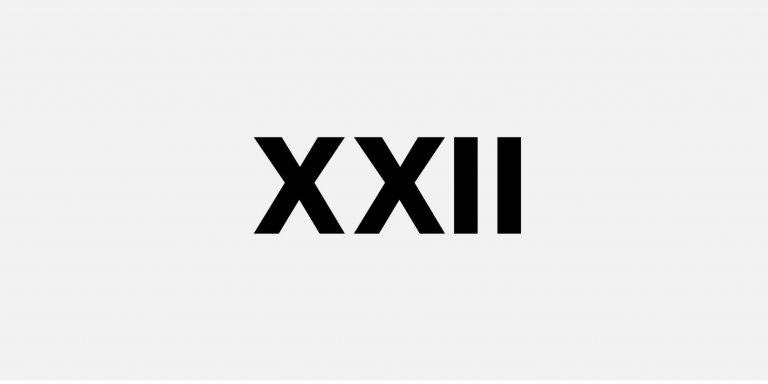
Artificial Intelligence is booming and the technologies it has developed are in constant evolution. The ethical problems that can arise from their use are at the heart of the debate. XXII, a company specialized in Deep technologies, has announced the creation of an ethical charter for the edition of AI software internally and encourages the whole AI ecosystem to adopt it.
Governments are working towards ethical, moral and trustworthy AI. Various initiatives have been launched at the French and European level: as part of the national strategy for AI, the new draft regulation of the European Commission, the Global Partnership on AI (PMIA). Algorithm biases can lead to discrimination, sexism, malice… Computer vision is often incriminated, especially for its facial recognition technology.
The XXII Group
XXII, a company founded in 2015 by William Eldin and Dan Mulhem, is a French leader in computer vision software publishing. Its SaaS platform of deployment and parameterization of algorithms for real-time video analysis XXIICORE is used by cities, amusement parks, stadiums, airports, train stations, companies…
The ethical charter
Based on the observation that computer vision solutions raise many fears, William Eldin, CEO and co-founder of XXII, worked with between the company’s ethics committee and a group of external experts consisting of philosophers specializing in AI, members of public security, associations, students passionate about ethics and AI to establish this charter. He explains:
“Artificial intelligence today offers us this opportunity to augment the senses, especially vision. By improving and increasing machine performance tenfold, computer vision frees humans from the most complex and tedious tasks, allowing them to concentrate on creative and stimulating missions. However, to avoid any drift, we must frame our technological approach in full transparency; through an ethical commitment to the use of AI.”
He adds:
“The principles we have set are our guideline at all levels of the company. They will be respected, applied and embodied to enhance technological know-how with exemplarity.”
For XXII, the exploitation of artificial intelligence must be carried out with respect for fundamental rights and individual freedoms, solutions must integrate ethics from their conception. It is necessary to measure the impacts, to anticipate them and to ensure that the purposes for which the tools are used are responsible. This is why the company has decided to set up this charter defining the principles of conduct for the development of its solutions.
The 5 principles of the charter
- The principle of beneficence
This principle implies ensuring that artificial intelligence enables the individual and collective well-being of society to be strengthened, as well as the common good. This principle also implies ensuring that AI brings innovation and progress by limiting negative impacts on citizens’ well-being, environmental impact and energy consumption. - The principle of non-maleficence
Our artificial intelligence products must not harm, damage or aggravate a situation for living beings in any way whatsoever. The systems we implement must not threaten the physical, moral or psychological integrity of anyone, while being safe and secure for the user. - The principle of autonomy
The user must be in complete capacity to keep his decision power in the case of using artificial intelligence. Computer vision must not constrain, deceive or manipulate the user. On the contrary, this tool must help, support and promote the autonomy of its end users. - The principle of justice
Artificial intelligence must not be biased under any circumstances and must not harm human beings. XXII carries out regular checks on the purpose, constraints, requirements and results of the systems provided. - The principle of explicability and transparency
These two notions require that a thorough documentation of the artificial intelligence solutions and technologies developed, deployed by XXII and used by its clients be made available.
William Eldin explains:
“This XXII ethics charter sets out the major principles of individual and collective behavior that must guide each employee, regardless of their function or title on a daily basis. This charter is the basis of a questioning process that we want to be permanent and the expression of our will to progress. The objective is to continually evolve our software and to be transparent in the way we develop our products.”
“Because a benevolent technological ecosystem must emerge in France and in Europe to foster trust in digital technology and more specifically in Artificial Intelligence,” XXII hopes that the publication of this charter will question the AI ecosystem and lead it to adopt an ethical approach respectful of the general public.
Translated from XXII lance une charte éthique pour l’édition de logiciels d’IA









